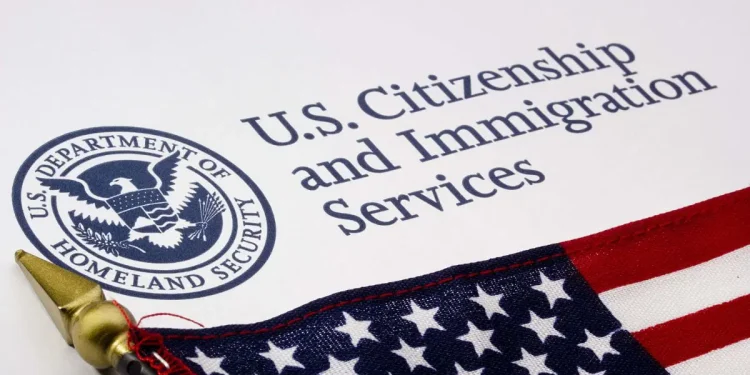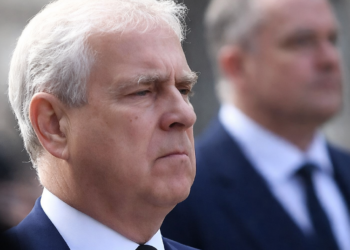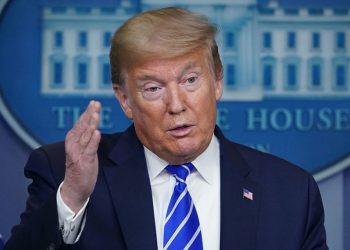The United States has implemented dramatic changes to its non-immigrant visa policy for Nigeria, effective July 8, 2025, reducing nearly all standard visas to single-entry with just three months’ validity.
This sweeping adjustment aligns with the Trump administration’s global reciprocity realignment, marking a stark departure from previous multi-year, multiple-entry visas that facilitated frequent travel for Nigerian businesspeople, students, and tourists.
The U.S. Department of State framed the policy shift as a response to Nigeria’s own three-month single-entry visa rules for American visitors, while emphasizing enhanced security protocols. New requirements now include vetting applicants’ social media for anti-U.S. sentiment and verifying Nigeria’s compliance with international standards on document security, overstay prevention, and criminal data sharing . Notably, the changes exclude diplomatic visas and maintain existing validity for visas issued before July 8 .

How Education and Business Sectors May Be Affected
With Nigeria ranking as Africa’s top source of U.S. international students (13.5% growth in 2024 per Open Doors data) and seventh globally, the restrictions threaten to disrupt academic exchanges.
Business travel also faces new hurdles, as professionals must now reapply—including paying the $185 fee—for each U.S. trip rather than making multiple visits under one visa. The policy coincides with Nigeria’s recent admission as a BRICS partner country, fueling speculation about geopolitical tensions following President Tinubu’s Brazil summit attendance.
Meanwhile, former presidential aide Bashir Ahmad had alleged on X (formerly Twitter) that the move reflects U.S. displeasure with Nigeria’s BRICS alignment rather than genuine reciprocity, noting: “This appears to reflect growing US discomfort with Nigeria’s global realignment”. The Nigerian government has yet to formally respond, though U.S. officials stress ongoing collaboration to improve immigration safeguards and preserve bilateral ties .
Why It Matters
While the State Department maintains these changes as part of routine reciprocity reviews, the abrupt three-month limit contrasts with more gradual adjustments elsewhere. Similar restrictions recently affected Ghanaian applicants, while the UAE concurrently limited Nigerian transit visas—suggesting a broader restructuring of West African travel privileges. Officials are saying however, that policies may be revised if Nigeria enhances its document security and overstay tracking systems.
















